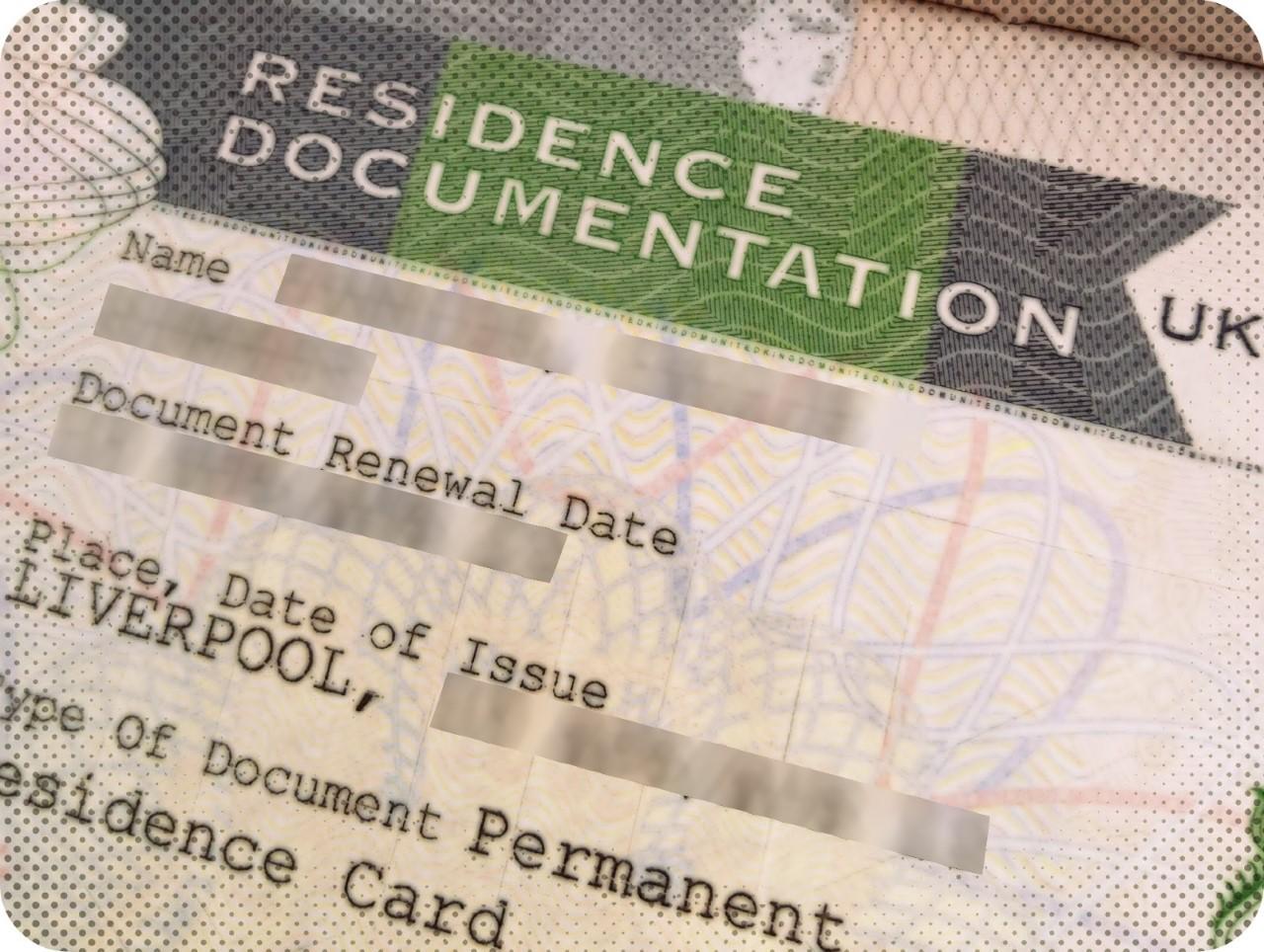One million EU citizens in Britain 'at risk of deportation' amid surge in permanent residency applications since Brexit vote
Number of EU citizens applying for permanent residency rises by 36 per cent since Brexit vote

Your support helps us to tell the story
From reproductive rights to climate change to Big Tech, The Independent is on the ground when the story is developing. Whether it's investigating the financials of Elon Musk's pro-Trump PAC or producing our latest documentary, 'The A Word', which shines a light on the American women fighting for reproductive rights, we know how important it is to parse out the facts from the messaging.
At such a critical moment in US history, we need reporters on the ground. Your donation allows us to keep sending journalists to speak to both sides of the story.
The Independent is trusted by Americans across the entire political spectrum. And unlike many other quality news outlets, we choose not to lock Americans out of our reporting and analysis with paywalls. We believe quality journalism should be available to everyone, paid for by those who can afford it.
Your support makes all the difference.Up to one million EU citizens are at risk of deportation after Brexit unless the government comes up with a more simple way of recognising their status in the country, a campaign group has warned.
There has been a “significant rise” in EU citizens seeking permanent residency (PR) in the UK since the EU referendum, of which an "alarming" 30 per cent are unable to provide the “unrealistic” evidence required by the Home Office to prove their right to reside, according to 3 Million, a group lobbying for the rights of non-British citizens living in the UK.
The latest immigration statistics quarterly data released by the Home Office shows the number of EU citizens applying for PR increased by 36 per cent since Britain voted to leave, rising from 10,269 in the three months prior to the EU referendum to 16,009 in the three months that followed.
This has reportedly led to a backlog of almost 100,000 applications, a figure that has trebled since 2015, suggesting the Home Office is struggling to cope with the surge in applications.
The 3 Million calculated that it would take the Home Office 47 years to process the three million applications from EU citizens for PR at the current rate, which it warned could leave many unable to have their rights to remain supported.
Meanwhile, 30 per cent of EU citizens are unable to prove their right to residence despite living here legally, leaving one million potentially at risk of deportation from the day the UK leaves the EU.
Nicolas Hatton, chair of the 3 Million, told The Independent: “The anxiety among EU citizens living in the UK is enormous. The biggest concern is that the government won’t guarantee their rights and is using them as bargaining chips.
“I’ve spoken to hundreds of EU citizens in the UK – as well as UK citizens living in Europe – and it’s the same feeling that they don’t feel supported by the Government. They feel like they’re being used.”
While currently EU citizens have the right to live in the UK without a permanent residency card under the treaty agreement, after Brexit they are likely to require the card in order to remain.
But Mr Hatton explained that, under the current system of obtaining permanent residency, EU citizens living in the UK are required to provide the Home Office with evidence that many are unable to obtain, affecting for example people who are unemployed because they are caring for children.
“Many will be refused simply because they can’t provide the evidence. They are living here legally, exercising their treaty rights, but the government is requesting evidence that is unrealistic," he added.
“If the permanent residency system currently used remains, around 30 per cent will face deportation.
According to Mr Hatton, the viable solution would be for the government to make a gesture before triggering Article 50 saying all EU citizens currently living in the UK lawfully can remain.
In a letter to Home Secretary Amber Rudd, Mr Hatton wrote: “EU citizens have been feeling very anxious about their future since the referendum and this set of data will not reassure them.
“We call on you to remove the threat of deportation without notice and give us today guarantees that all EU citizens living legally in the UK will be able to exercise their right to remain before the UK leaves the EU.
“We are people with families, children, friends and work colleagues and we are rightly worried about a very uncertain future.”
In response to the findings, a Home Office spokesperson said: “The home secretary has been clear that she wants to protect the status of EU nationals already living here, and the only circumstances in which that wouldn’t be possible is if British citizens’ rights in European member states were not protected in return.”
It comes as official data revealed the number of people coming into the UK outstripped those leaving by 335,000 in the year before the EU referendum.
In the 12 months running up to June, 189,000 EU citizens migrated to Britain along with 196,000 non-EU citizens, with high levels of employment the main attraction, while 49,000 British citizens left.
The new figures followed predictions from the UK’s official forecaster that the cost of falling migration in future years as a result of Brexit will hit some £16bn in lost government revenue.
Join our commenting forum
Join thought-provoking conversations, follow other Independent readers and see their replies
Comments